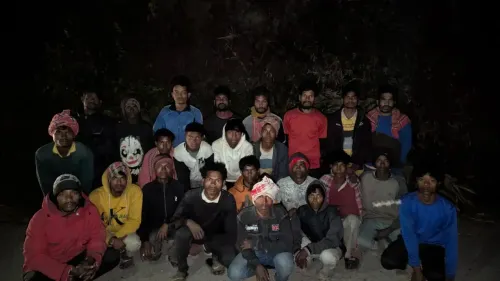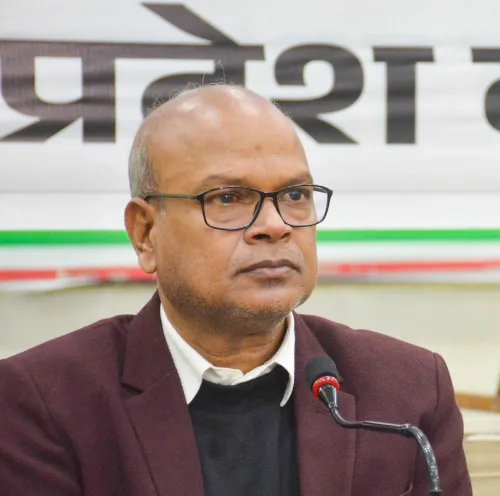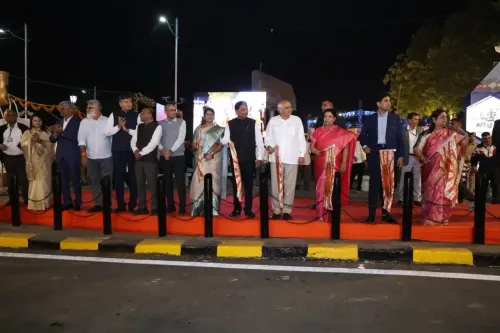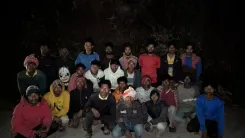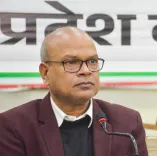Did the UAPA Tribunal Confirm the Bans on Mirwaiz Umar's AAC and JKIM?
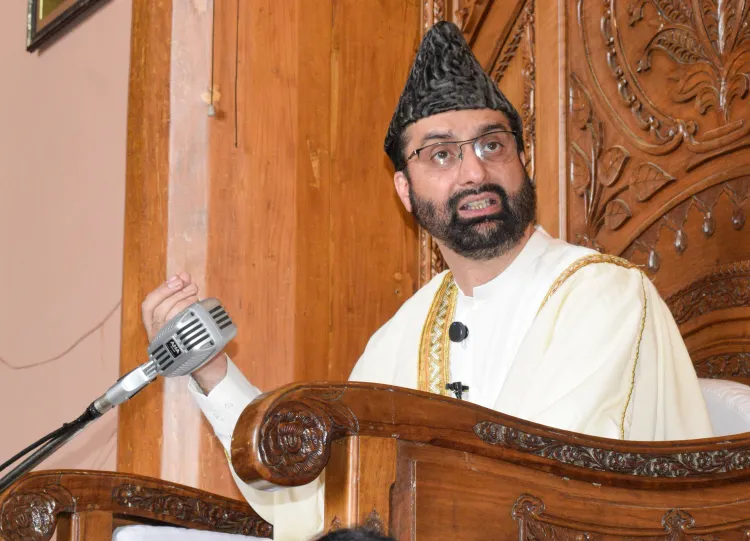
Synopsis
Key Takeaways
- The UAPA Tribunal confirmed the bans on AAC and JKIM.
- Both organizations are accused of supporting terrorism and inciting violence.
- The bans are effective for five years.
- The Ministry of Home Affairs emphasizes the need to protect national security.
- Mirwaiz Umar and Masroor Abbas Ansari lead their respective organizations.
New Delhi, Sep 19 (NationPress) The Unlawful Activities (Prevention) Tribunal has affirmed the notifications from the Union Ministry of Home Affairs that impose a ban on the Awami Action Committee (AAC), led by Mirwaiz Umar Farooq, and the Jammu and Kashmir Ittihadul Muslimeen (JKIM), under the leadership of Masroor Abbas Ansari, for a duration of five years.
The Tribunal, presided over by Justice Sachin Datta, a current judge of the Delhi High Court, arrived at its decision through two separate rulings. It found that the evidence and material presented warranted the classification of these organizations as unlawful associations per Section 3(1) of the Unlawful Activities (Prevention) Act, 1967.
"This Tribunal, after adhering to the procedures outlined in the UAPA and its accompanying Rules, has independently and objectively assessed the material and evidence at hand. It firmly concludes that there is adequate reason to categorize these organizations as unlawful associations," the rulings stated.
On March 11, 2024, the Ministry issued distinct notifications enforcing the ban, citing that AAC members had been implicated in supporting terrorist endeavors, propagating narratives against India, raising funds for secessionist movements, and instigating violence in Jammu and Kashmir.
The Ministry also enumerated multiple criminal cases against AAC leaders, which include charges of sedition, unlawful assembly, and incitement to violence. The Ministry claims that AAC leaders, including Mirwaiz Umar, have made speeches denouncing the Indian government, advocated for election boycotts, and incited protests in Srinagar.
Additionally, the National Investigation Agency (NIA) has submitted a charge sheet against AAC spokesperson Aftab Ahmad Shah and others for their alleged roles in anti-national activities.
The Ministry of Home Affairs asserted that if these activities are not curtailed, the AAC would persist in supporting militancy, disturbing public order, and exacerbating separatist movements in Jammu and Kashmir.
The AAC was established in 1963 by Mirwaiz Maulana Farooq during the protests regarding sacred relics and is currently led by his son, Mirwaiz Umar.
In a separate ruling regarding JKIM, the Ministry stated that this organization actively promotes terrorist activities, engages in anti-India propaganda, and raises funds to further separatist and secessionist goals within Jammu and Kashmir.
The Ministry emphasized that JKIM’s unchecked activities would continue to foster anti-national sentiments, challenge Jammu and Kashmir’s integration into India, and endanger public order.
Founded by Molvi Abbas Ansari, JKIM is now under the leadership of his son, Masroor Abbas Ansari.
The Ministry of Home Affairs has deemed these bans essential to prevent both organizations from further engaging in actions harmful to India’s national security.


